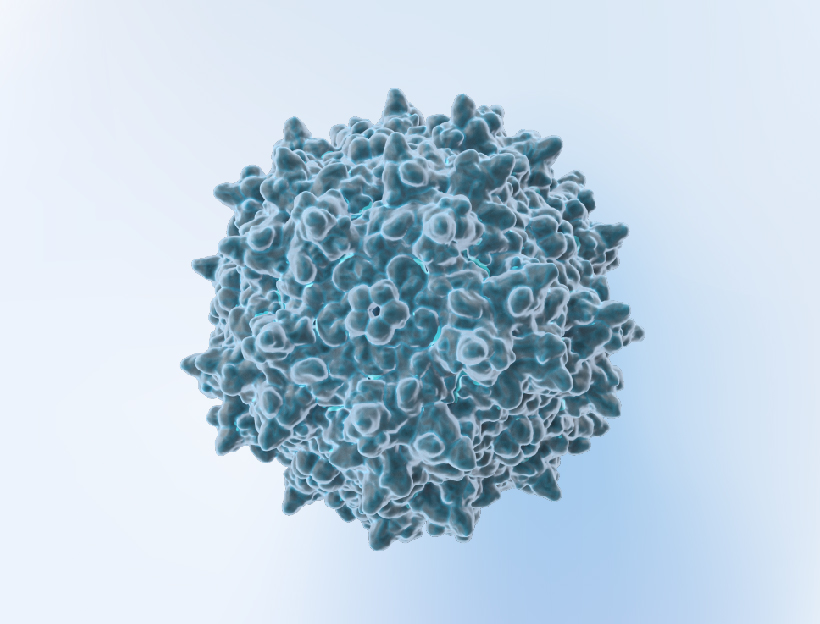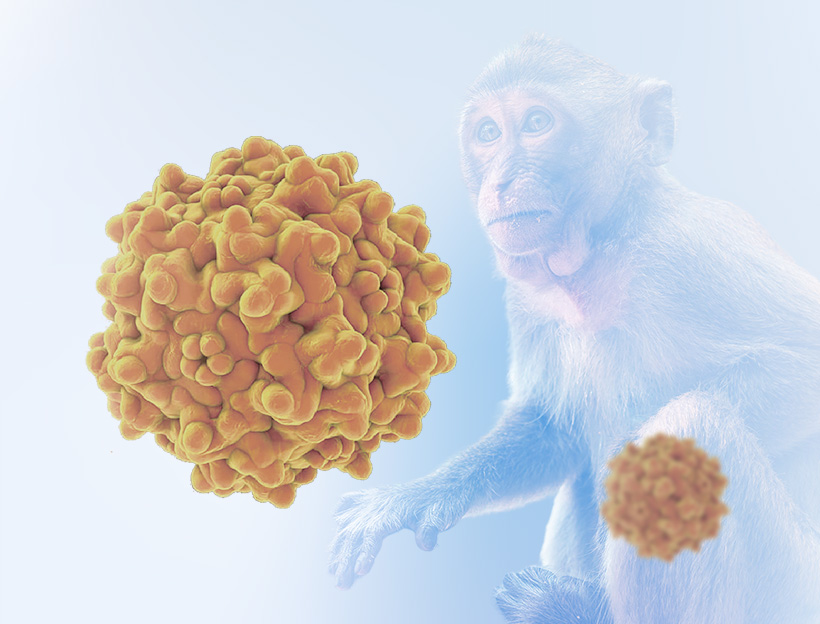
AAV(아데노 관련 바이러스) 패키징 과정에서 온도는 매우 중요한 변수입니다. 온도는 바이러스 입자의 조립, 안정성, 생산 효율성에 직접적으로 영향을 주며
1. 세포 성장 및 AAV 생산
-
패키징 세포(HEK293 등) 는 일반적으로 37°C에서 배양되지만, 패키징 후기에 온도를 낮추는 전략(예: 32°C) 이 자주 사용됩니다.
-
낮은 온도는 세포 스트레스를 줄이고, 단백질 접힘(folding)을 개선하여 바이러스 캡시드 조립 효율을 높이고 생산량을 증가시킬 수 있습니다
2. 바이러스 입자의 안정성
-
AAV는 비교적 안정적인 바이러스지만, 고온(37°C 이상)에서 장시간 보관 시 분해되거나 감염력이 떨어질 수 있습니다.
-
따라서 생산된 AAV는 4°C에서 단기 보관, 장기적으로는 –80°C 보관이 권장됩니다.
-
동결-해동 사이클을 반복하면 구조가 손상될 수 있어, 온도 변화가 최소화되도록 주의해야 합니다.
3. 품질 및 변이 영향
-
적정 온도에서 패키징하지 않으면 비정상적인 입자(empty capsid, misfolded capsid) 가 많이 생성될 수 있습니다.
-
이는 감염 효율과 유전자 전달 효율을 떨어뜨릴 뿐 아니라, 불필요한 면역 반응 유발 가능성도 있습니다.
-
또한, 온도는 프로모터 활성이나 단백질 발현 수준에도 영향을 주어 벡터 품질 변동성을 만들 수 있습니다.
온도 불안정성은 AAV 수율과 품질 모두에 부정적 영향을 줌.
About PackGene
PackGene Biotech is a world-leading CRO and CDMO, excelling in AAV vectors, mRNA, plasmid DNA, and lentiviral vector solutions. Our comprehensive offerings span from vector design and construction to AAV, lentivirus, and mRNA services. With a sharp focus on early-stage drug discovery, preclinical development, and cell and gene therapy trials, we deliver cost-effective, dependable, and scalable production solutions. Leveraging our groundbreaking π-alpha 293 AAV high-yield platform, we amplify AAV production by up to 10-fold, yielding up to 1e+17vg per batch to meet diverse commercial and clinical project needs. Moreover, our tailored mRNA and LNP products and services cater to every stage of drug and vaccine development, from research to GMP production, providing a seamless, end-to-end solution.



